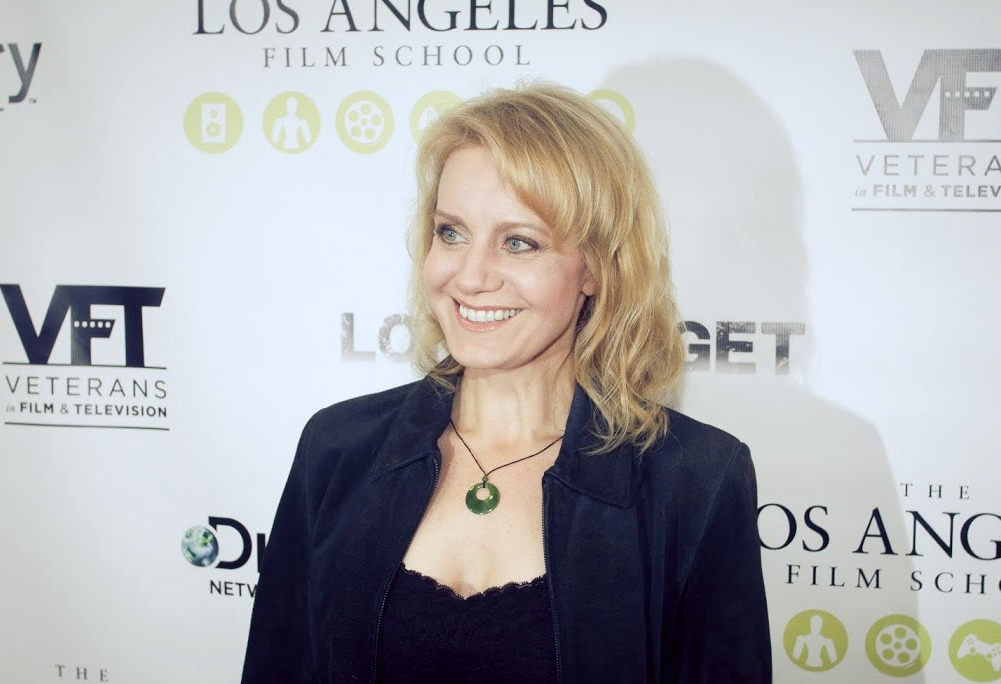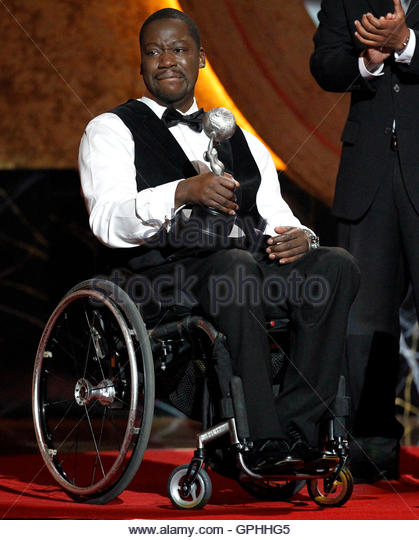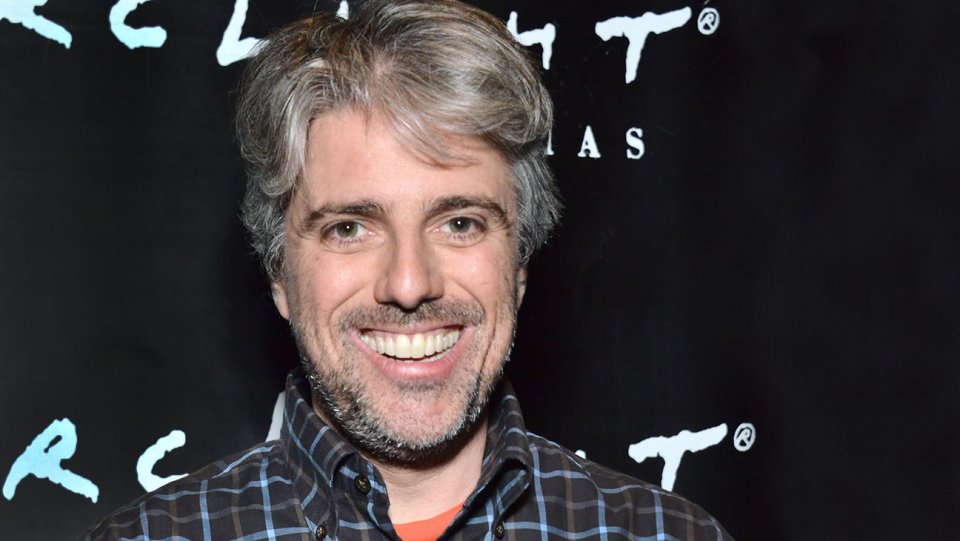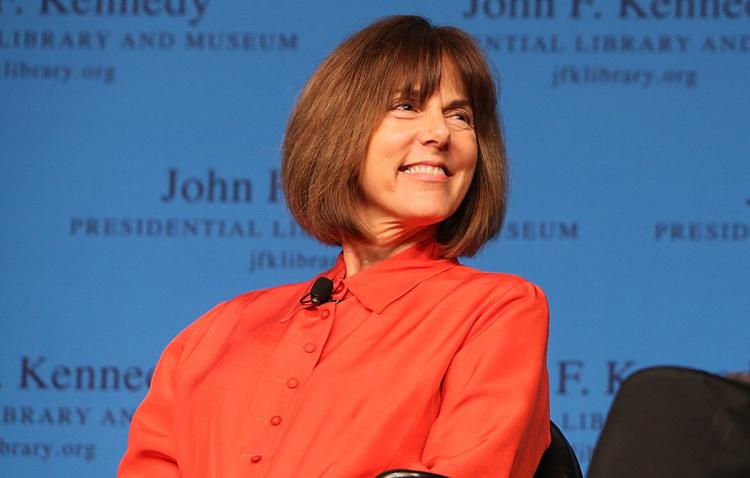Eileen Grubba was working alongside other actors on a TV commercial when she realised the director’s eye was caught by her uneven gait. He started positioning her out of shots – and then it got worse.

Shooting a scene on a bus, the director ordered Grubba to get up and move from her seat in the middle to one in the rear that was fully out of frame.
“So now we’re going to make the disabled people sit at the back of the bus? That’s awesome.” Grubba, who uses a leg brace because of childhood spinal chord damage, recalled thinking some six years ago.

The disheartening experience reflects the broader picture for many actors with disabilities, whose progress in Hollywood has lagged behind that of other minority performers demanding to be seen and hired. The reasons are complex, insiders and observers say, including unfounded concerns about added production costs, disability stereotypes and an industry clinging to entrenched habits.

Jay Ruderman, head of a non-partisan foundation that advocates for inclusion for people with disabilities.
“The fact is this is the largest minority group in the United States that routinely is discriminated against in the (entertainment) industry, and we’re trying to move the needle.”
Their are some high-profile successes on US TV, among them wheelchair-using actor Daryl Mitchell.
 Daryl Mitchell was paralysed as a result of a motorcycle accident in 2001, and has starred in a variety of films and TV series.
Daryl Mitchell was paralysed as a result of a motorcycle accident in 2001, and has starred in a variety of films and TV series.
When disabled people are portrayed in films or television, roles lean heavily toward conditions that aren’t physically visible.

Scott Silveri, creator and producer of ABC’s “speechless”.
He joins in brushing away the tired notion that a story’s dramatic flow or the audience would be thrown off by seeing a physically challenged person. “When you go into a bank and a teller has a limp, do you get confused, walk out into the parking lot and walk around?” he said. “Whats the big deal? Go outside – there are crutches and canes and wheelchairs, and people using them.”
 Janis Hirsch, Screenwriter.
Janis Hirsch, Screenwriter.
Janis Hirsch, who uses crutches because of childhood polio, recalls, “losing it” when a “Glee” character in a wheelchair was played by an actor who wasn’t. Hirsch complained to a casting director who worked on the show, she said, and got this reply: “You people didn’t submit anyone.”
Actresses face their own obstacles. The demands for physical perfection, so key a part of the dream factory, fall more heavily on them, according to Eileen Grubba. “I’ve literaaly had people say to me, “If you were a man, (your limp) wouldn’t matter.”
Eileen Grubba is spearheading our drive inviting people to join our #ALLin movement and become an ambassador. To receive more details please email:
chris@disabilitytalk.co.uk

